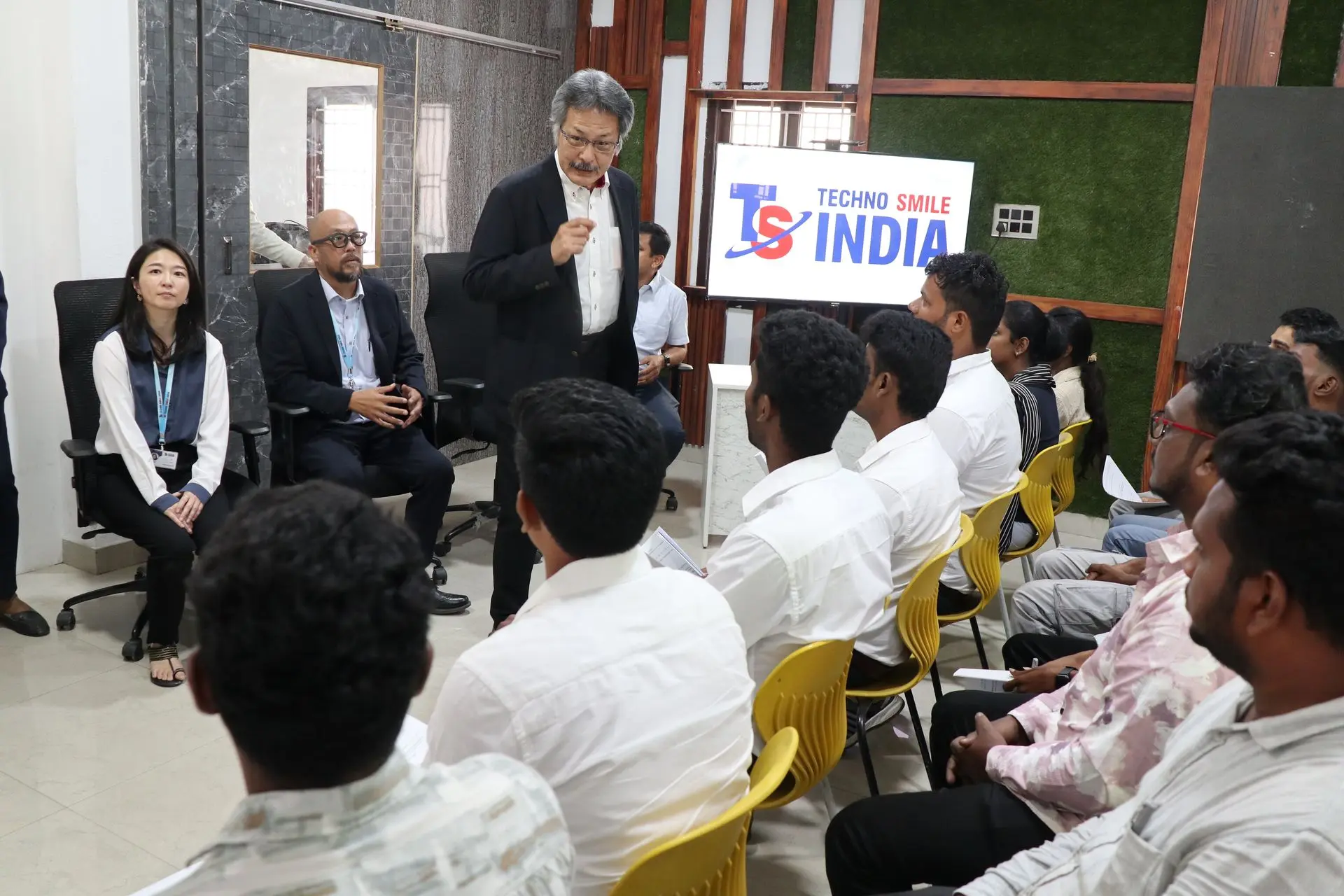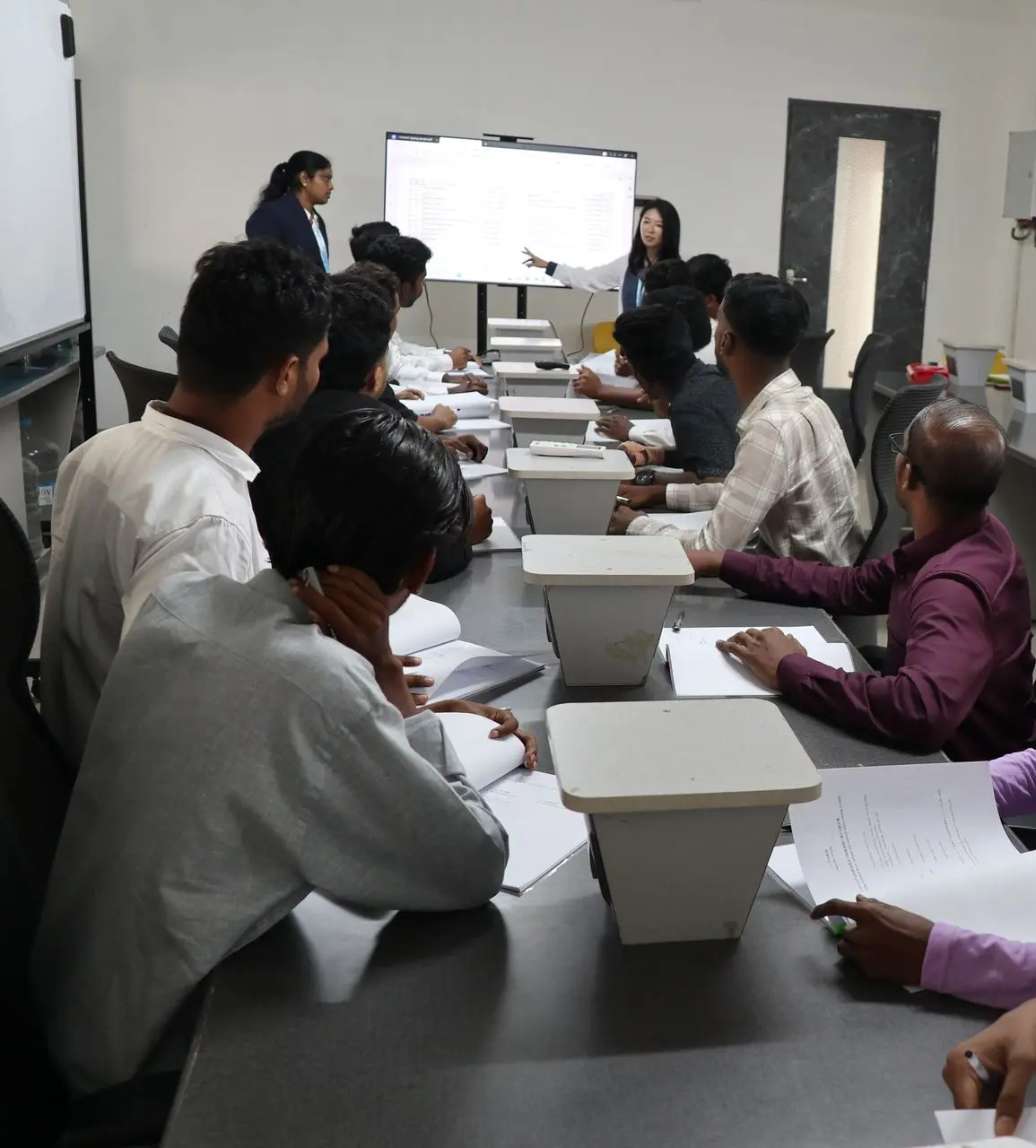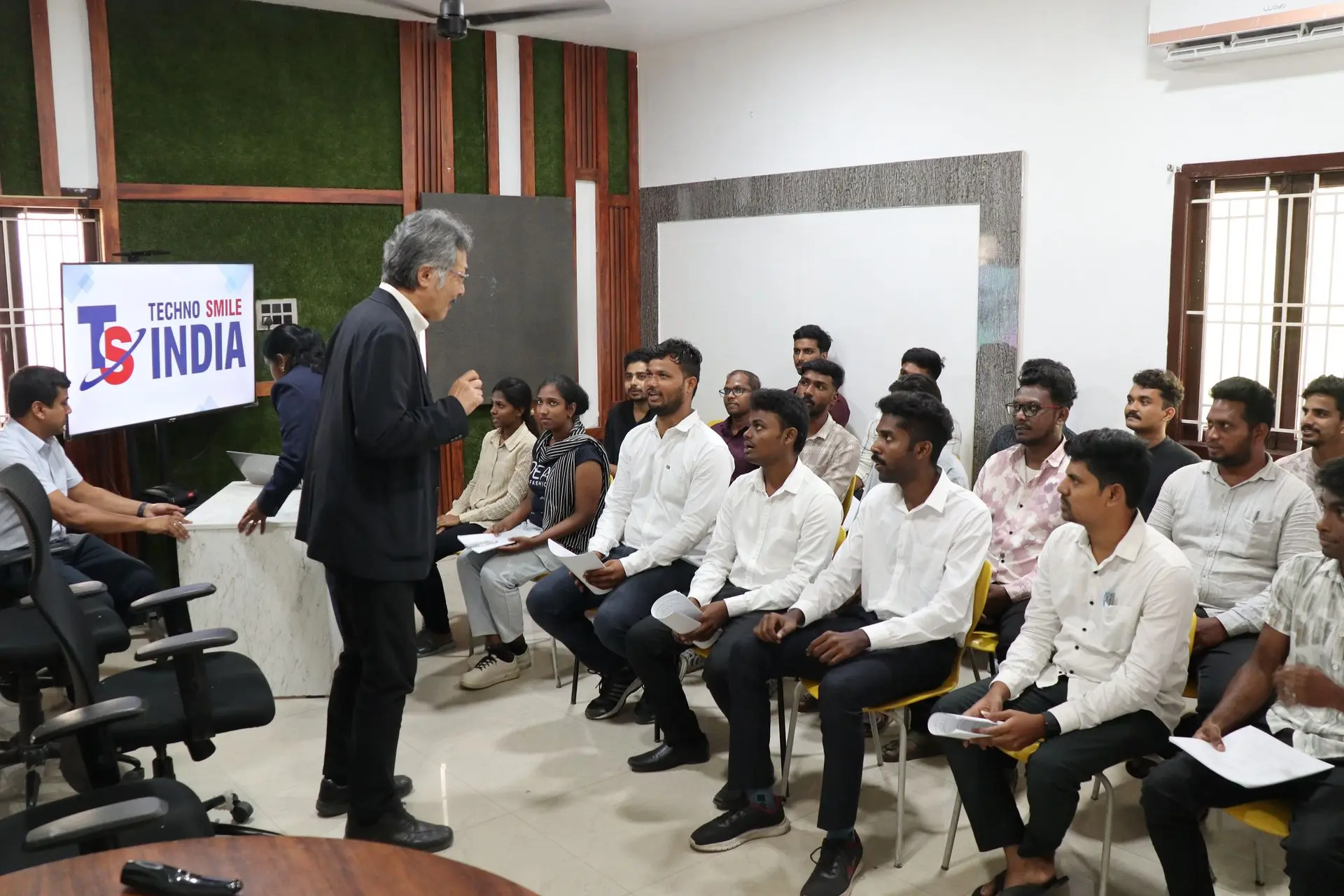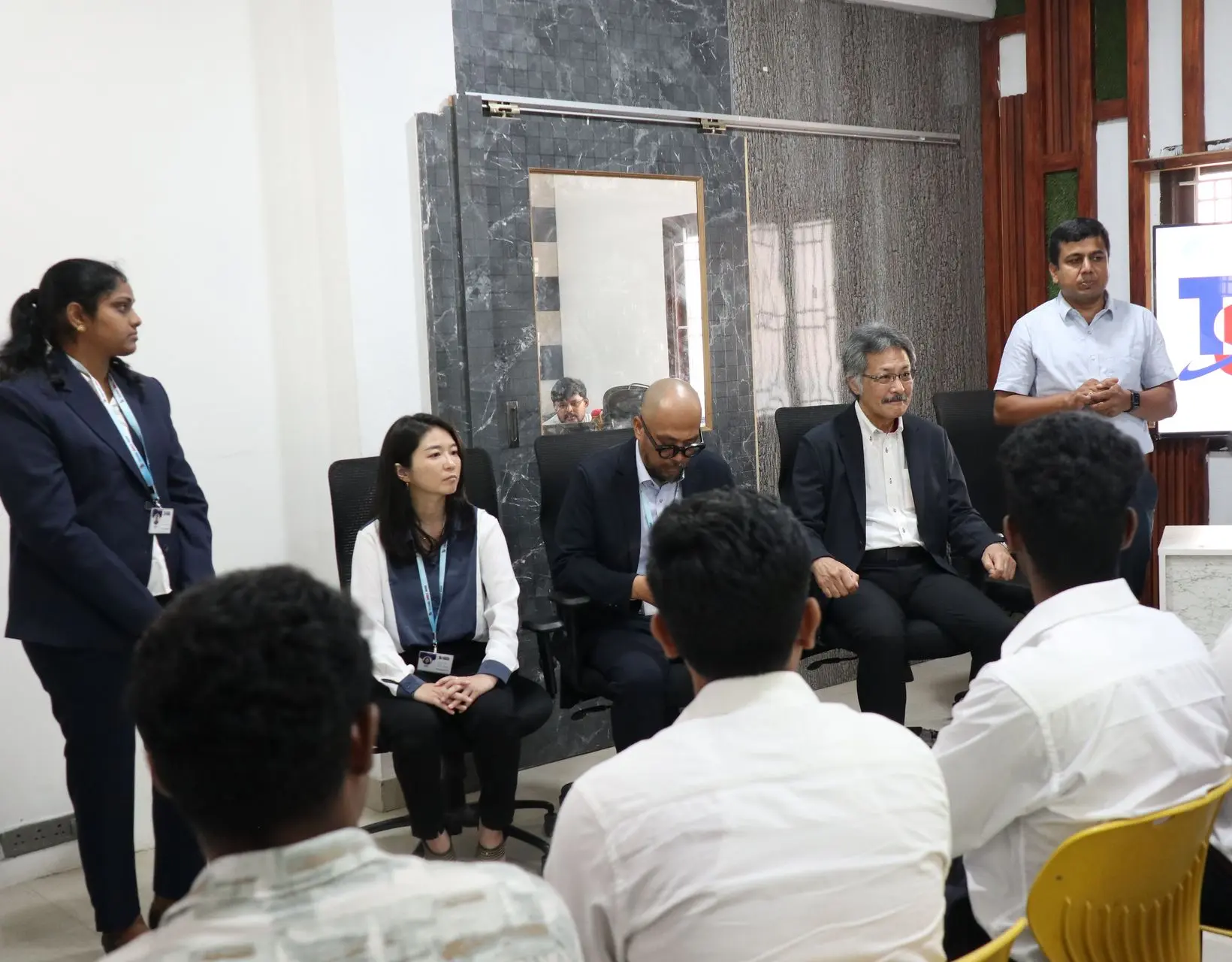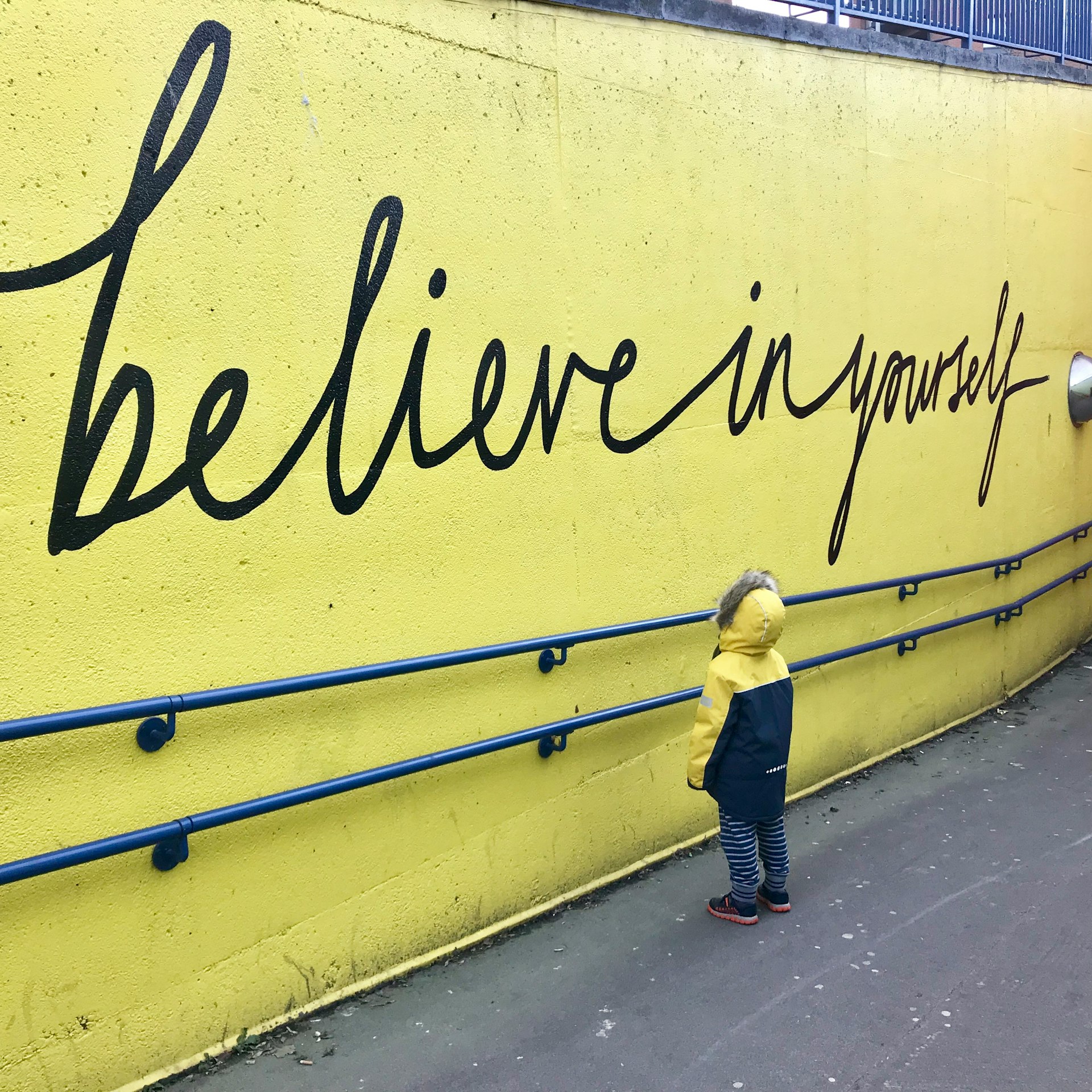
From
TITP to SSW — An Indian Mechanic Building a New Life in Japan
When Mr. Mano first left India for Japan, he wasn’t just carrying a suitcase. He was carrying his family’s hopes, his own ambition, and a dream to build something bigger than what was possible back home.
Today, he works as an automobile maintenance professional in Japan under the Specified Skilled Worker (SSW) visa. But his journey didn’t start here. It began with a simple conversation with his elder brother.
The Interview
A recorded interview compiled for readers.
Mano-san, what first pushed you to come to Japan?
Mano-san:
My older brother came here before me. He always told me Japan had good salaries, better working conditions, and a chance to learn real advanced techniques — not just hammer-and-spanner work.
Back in India, it was tough. Jobs were unstable and salaries were low. I wanted to support my family properly, so I decided to challenge myself and come here.
You chose automobile maintenance. Why this field?
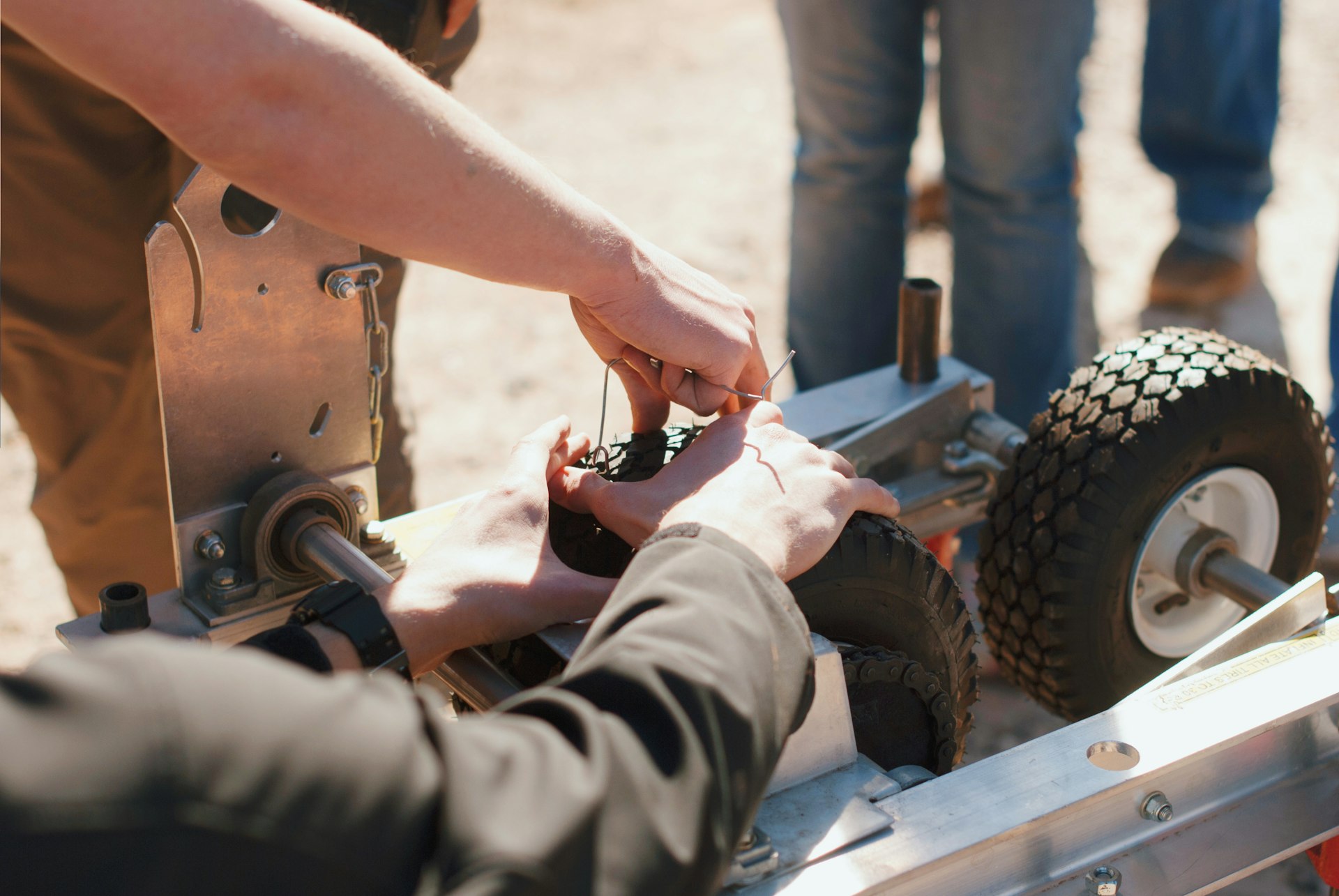
Mano-san:
I already had experience repairing cars in India, so SSW in automobile maintenance felt natural.
Also, the SSW exam is held every month — so I didn’t have to wait for long cycles. That made it easier to plan.
How different is working in Japan compared to India? ?
Mano-san:
In Japan, the machines are advanced — diagnostics, lifting systems, specialty tools… everything.
At first it was scary because I didn’t know the equipment well. But senior coworkers guided me patiently.
Physically, the work is easier too. It’s more about precision and technique than brute strength
Tell us about your current work environment.
Mano-san:

We’re a five-member team — two Japanese, two Myanmar colleagues, and me.
Teamwork shocked me in a good way. Even after finishing your task, you help others.
In India, if you make a mistake, someone scolds you immediately.
Here, they say, ‘It’s okay, just don’t repeat it next time.’
That kind of environment removes fear. I try new techniques because I know I won’t be shouted at. I’m very grateful for this.
What’s the biggest benefit of becoming an SSW?
Mano-san:
Peace of mind. The five-year visa gives stability.
During TITP, I lived in shared housing. Now, I have my own apartment.
With stable income, I can plan my future — and my family’s too.
Every month I send money back home, and it feels good knowing my work is making a real difference
What goals are you working toward now?
Mano-san:
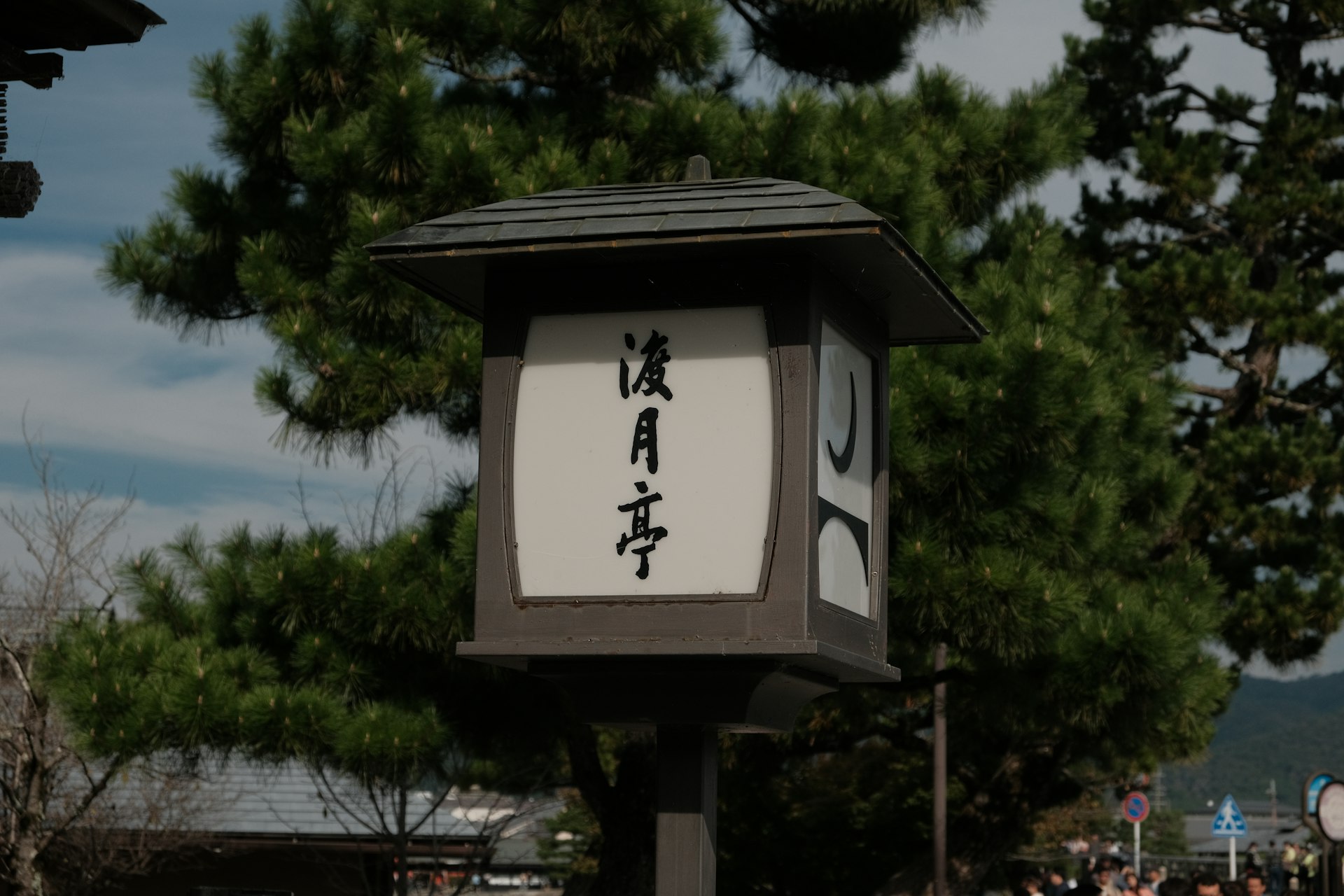
I’m preparing for JLPT N2 and the Level 3 Automobile Technician certification.
My long-term dream is an Engineer Visa.
I plan to get married in two years and hope to settle in Japan with my family.
Even after tiring workdays, these goals keep me studying.
Any message for Indians who want to work in Japan?
Mano-san:
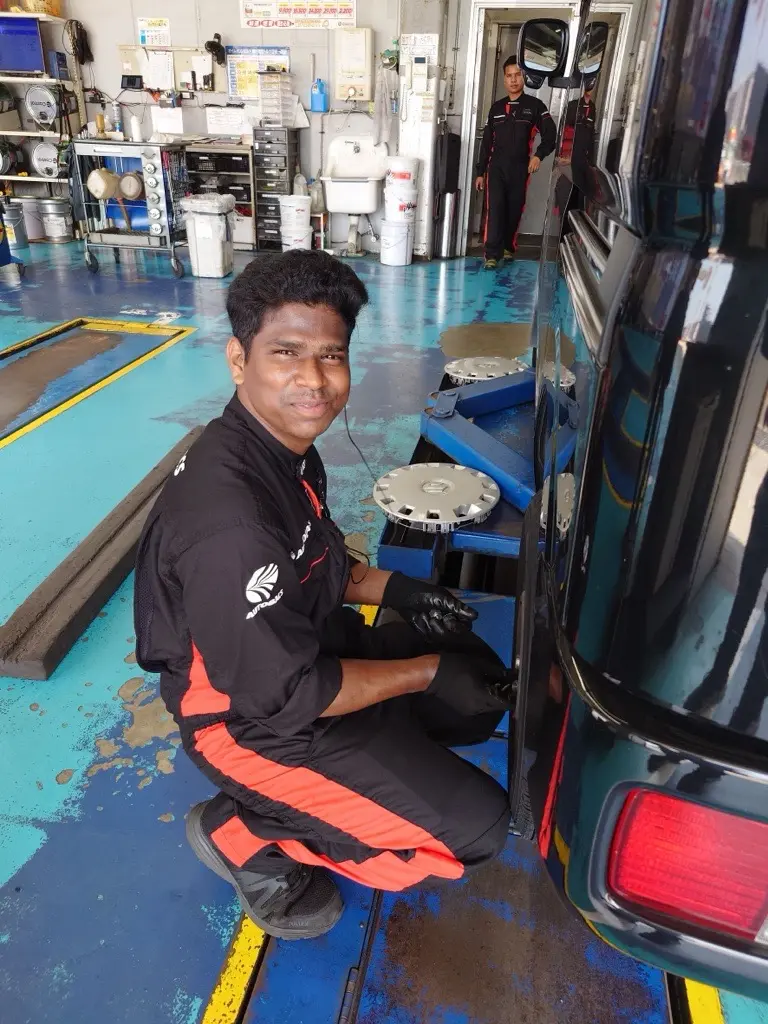
Japanese language is everything.
If you speak well, you earn trust and avoid misunderstandings in daily life.
Nothing is easy, but with consistent effort, results will come.
If you’re thinking about Japan — take the challenge.
CLOSING NOTE — MORE THAN JUST A JOB ABROAD
Mano’s journey shows a simple truth:
Japan rewards skill, discipline, and steady effort.
From a trainee under TITP to a full-fledged SSW with bigger dreams ahead, Mano embodies the story of thousands of Indians quietly transforming their futures abroad. His respect for teamwork, his love for his family, and his discipline highlight why so many succeed here.
His next step — the Engineer Visa — feels less like a dream and more like the natural next chapter.
KEY INSIGHTS SUMMARY
- Family influence and economic reality pushed Mano toward Japan.
- Existing automobile experience made SSW a natural choice.
- Japan’s advanced tools and supportive seniors helped him upskill quickly.
- Teamwork culture and non-aggressive feedback style encouraged confidence.
- SSW visa provided stability: personal housing, steady income, long-term planning.
- Future goals: JLPT N2, Level 3 Technician, Engineer Visa, settling with family.
- Core advice: Japanese language is essential for trust and success.

